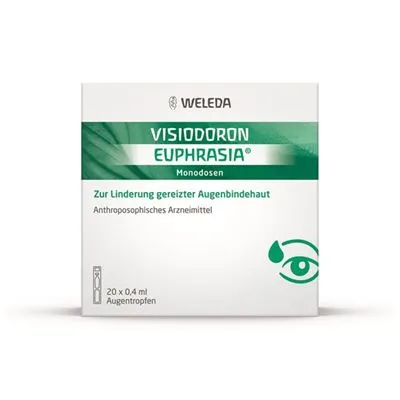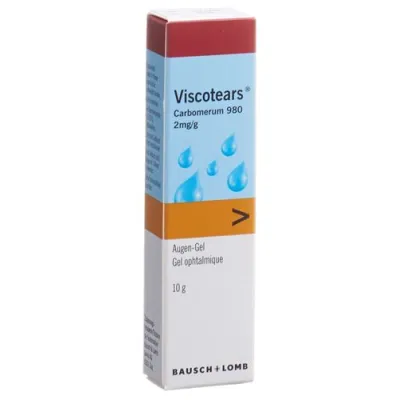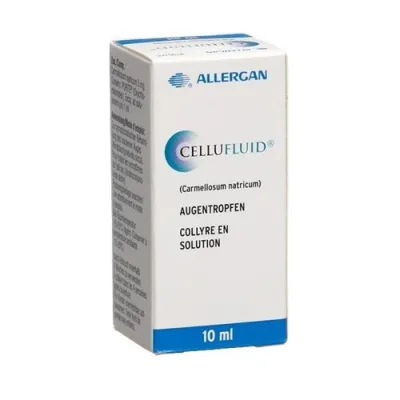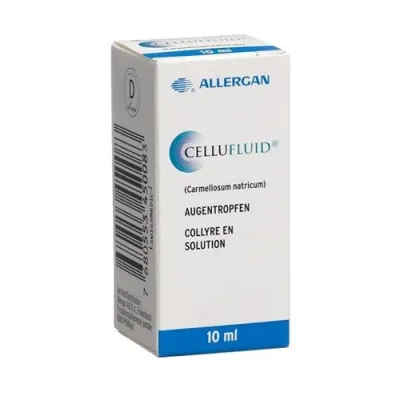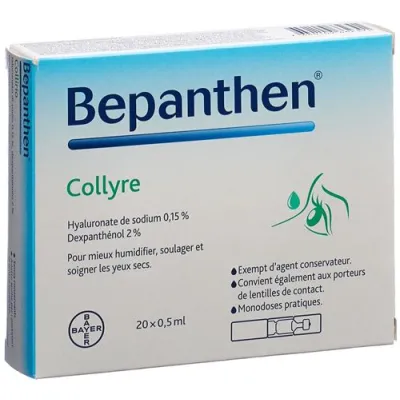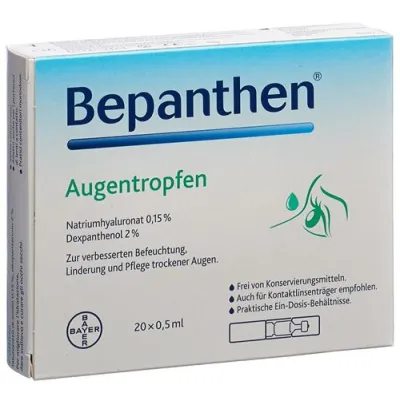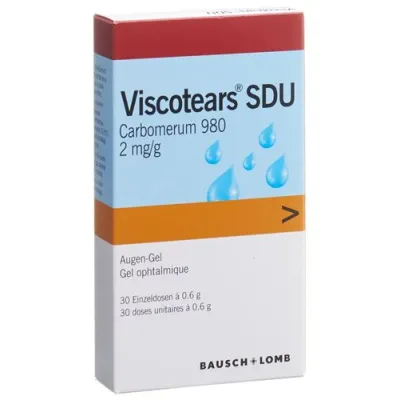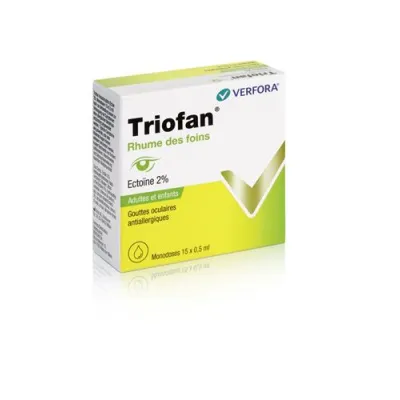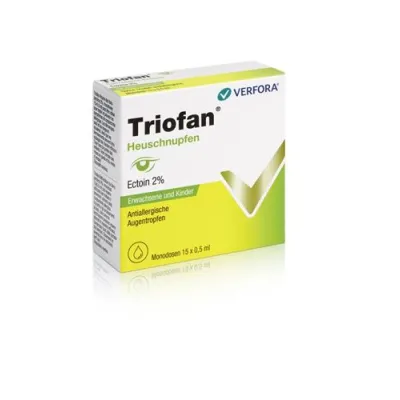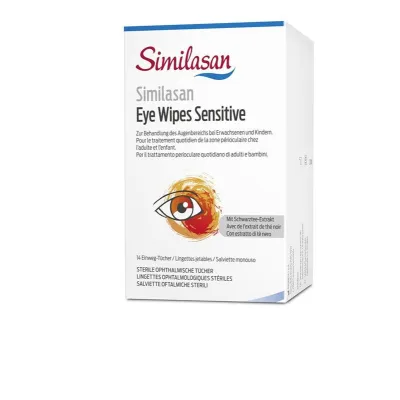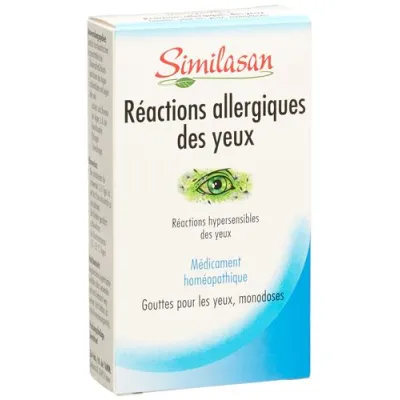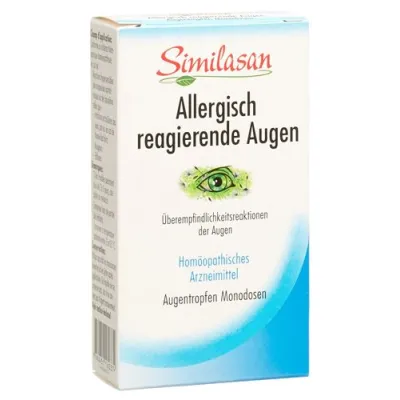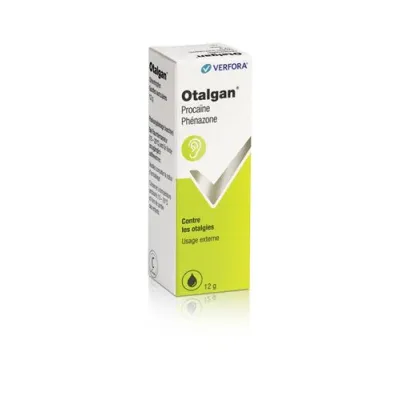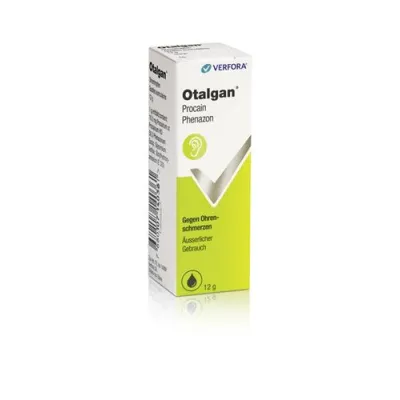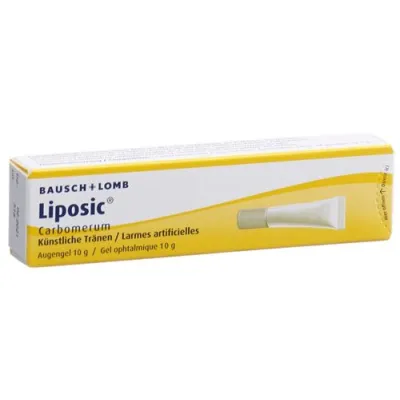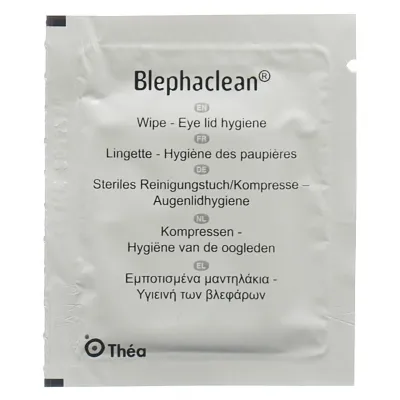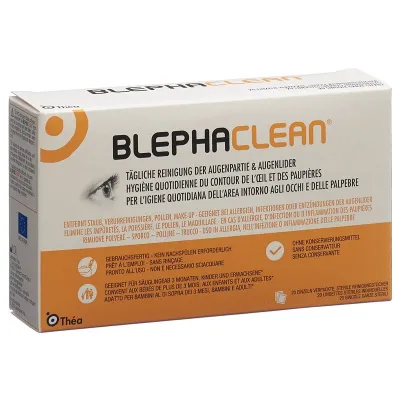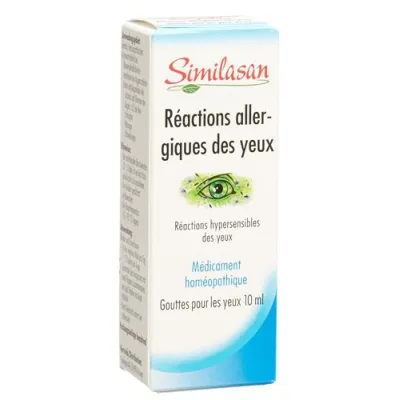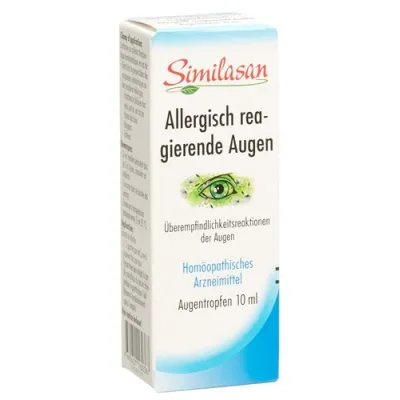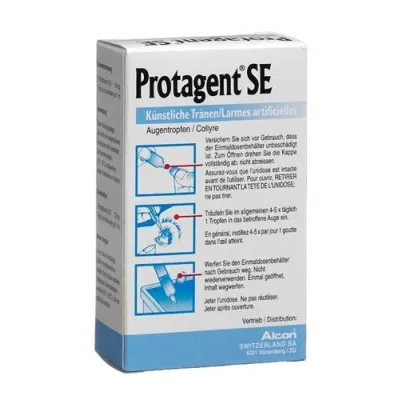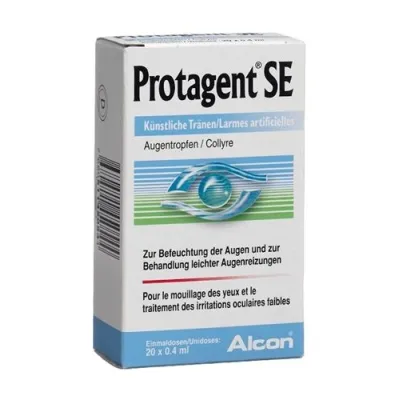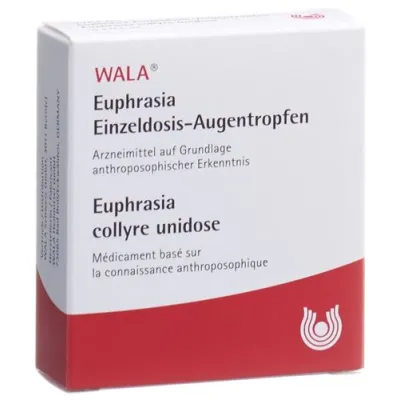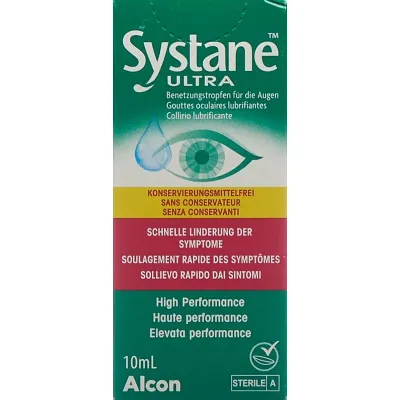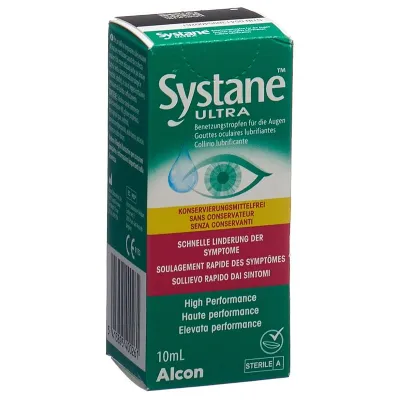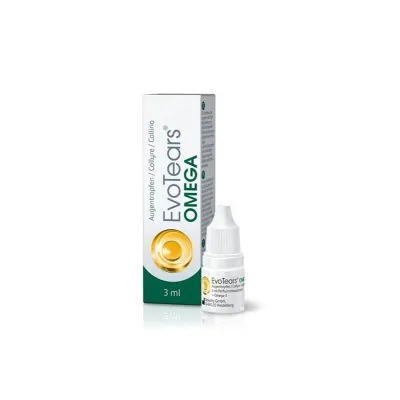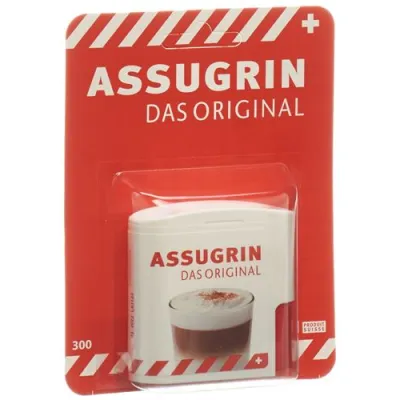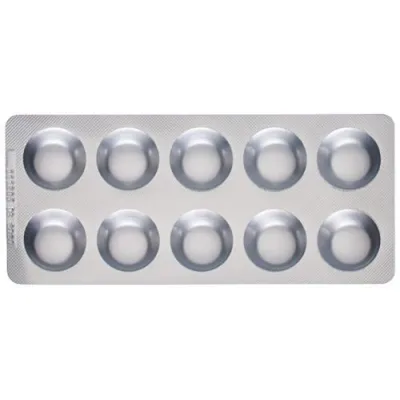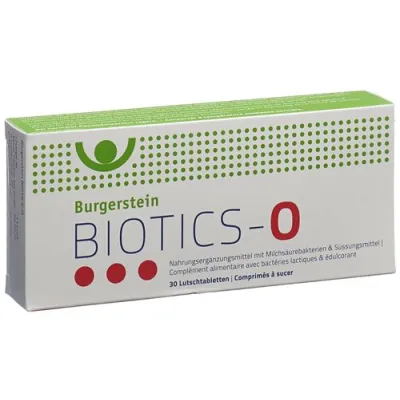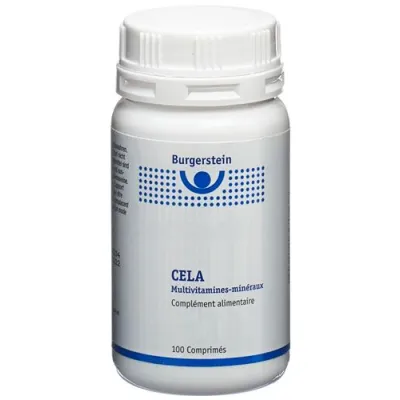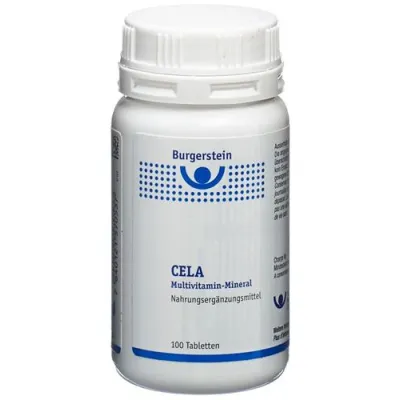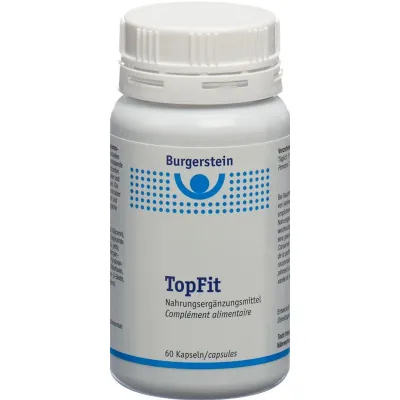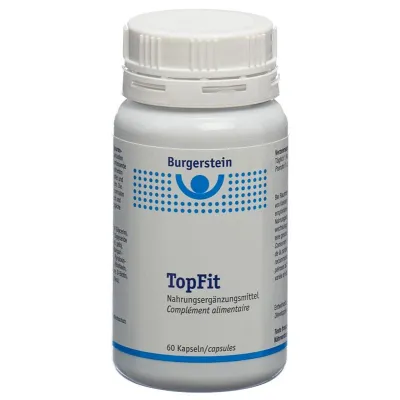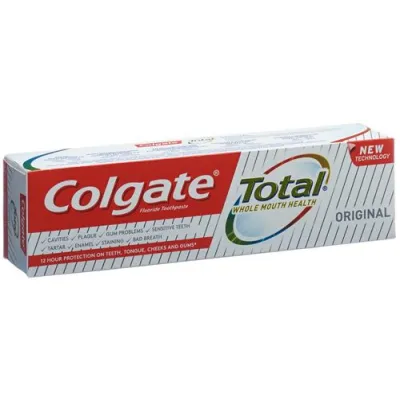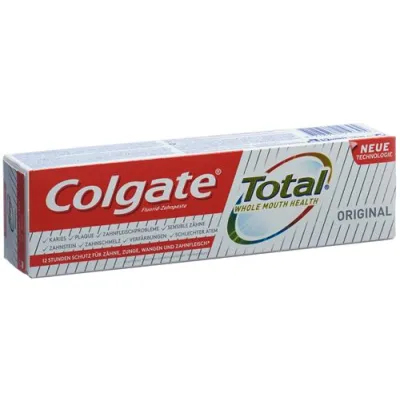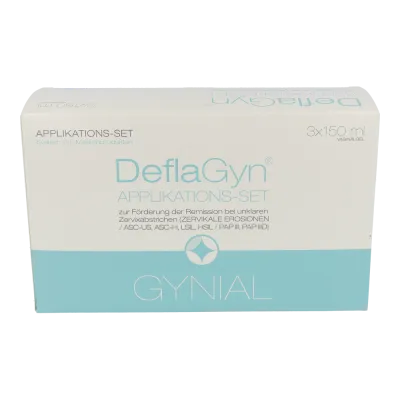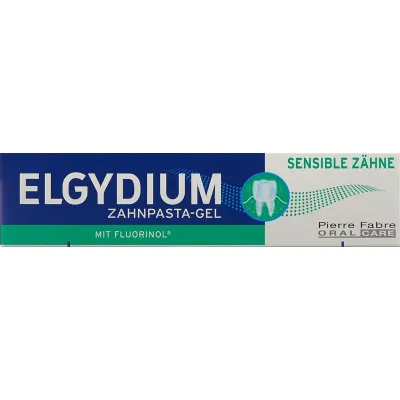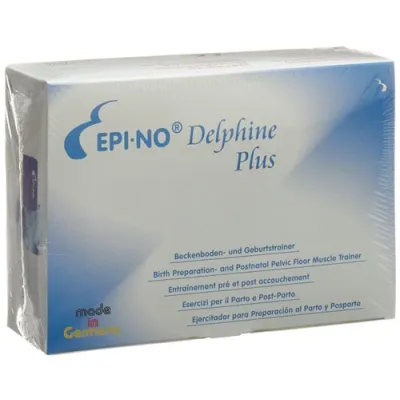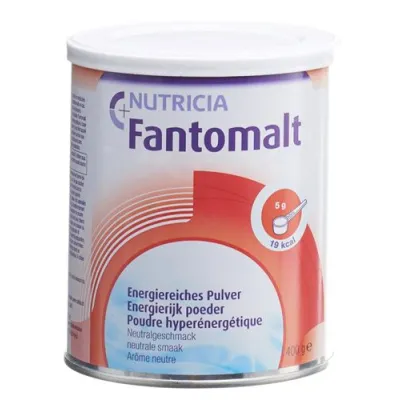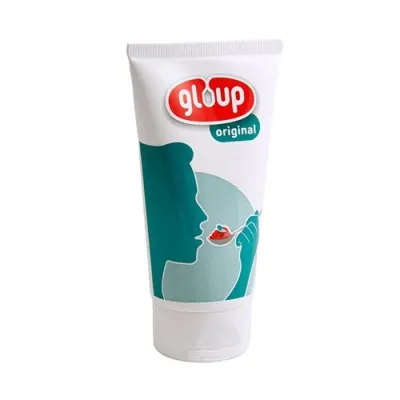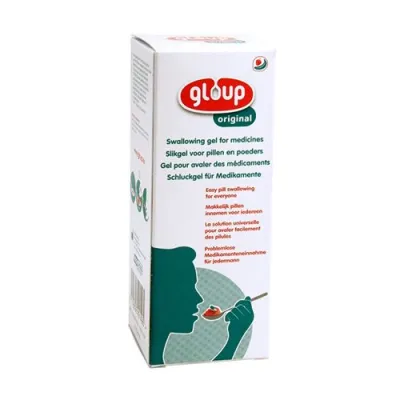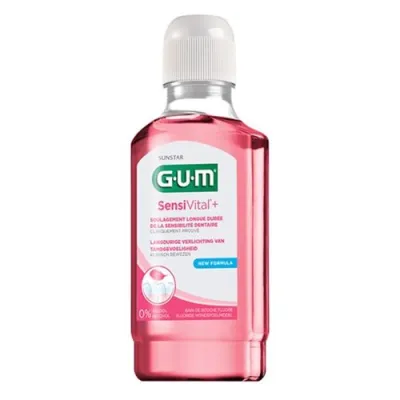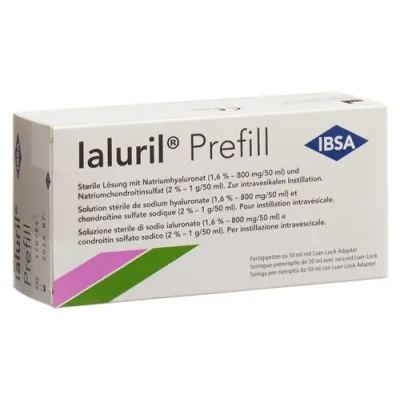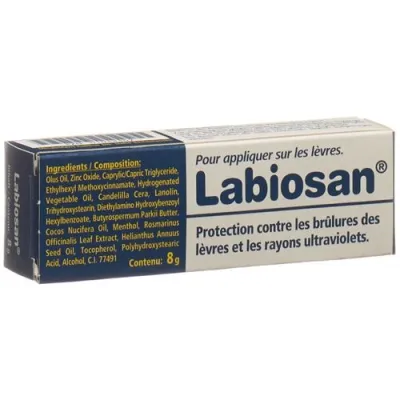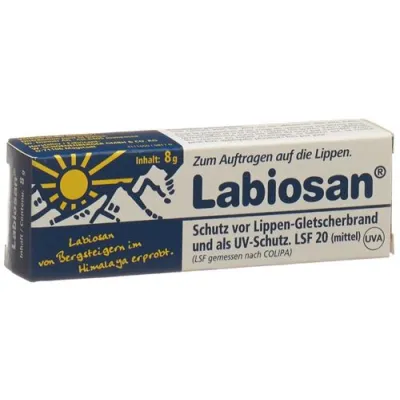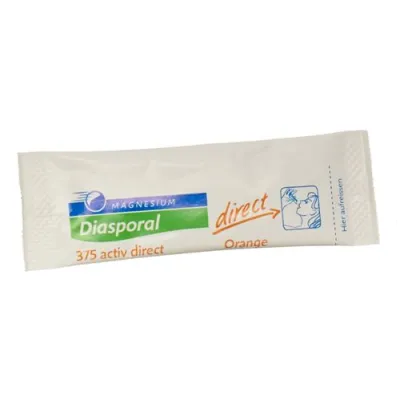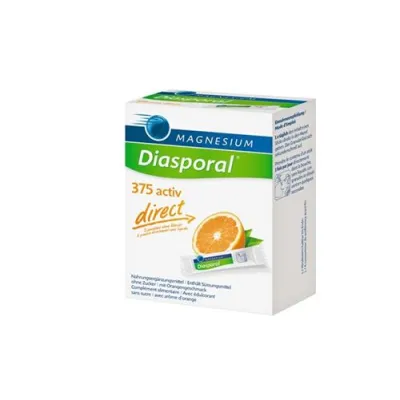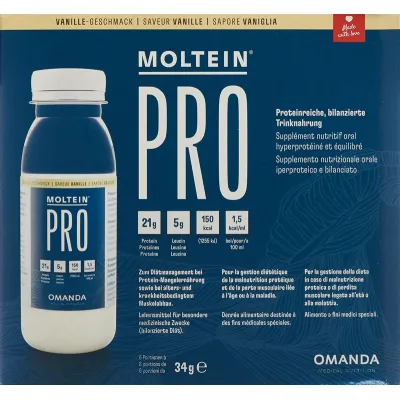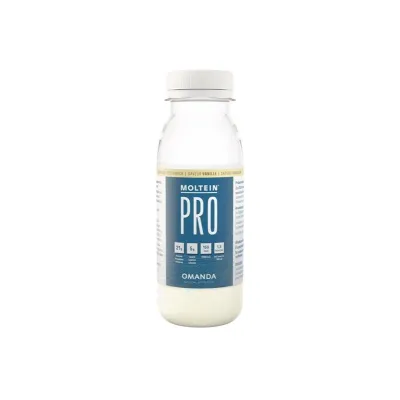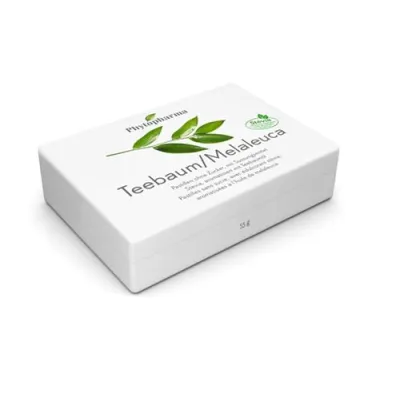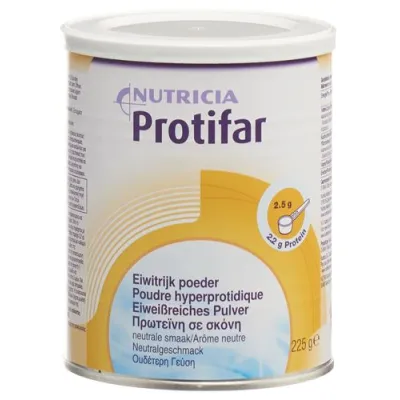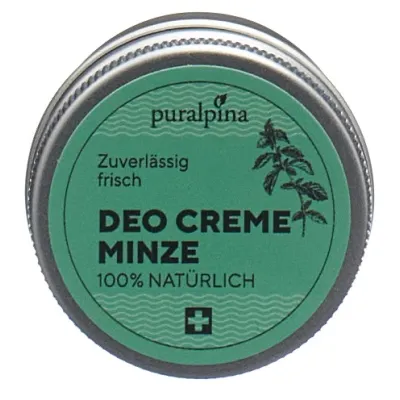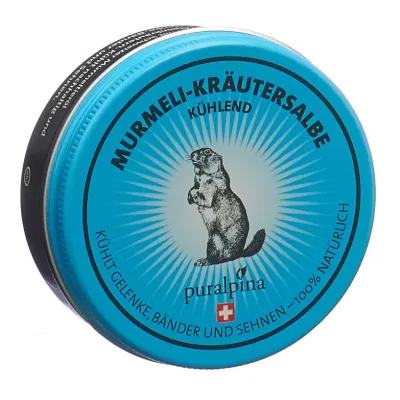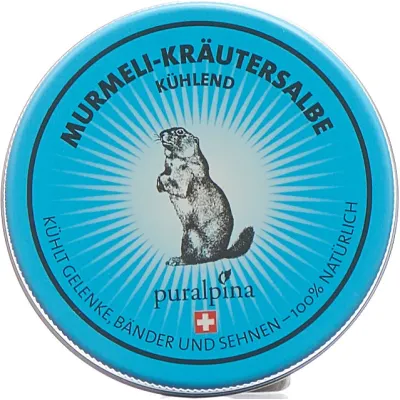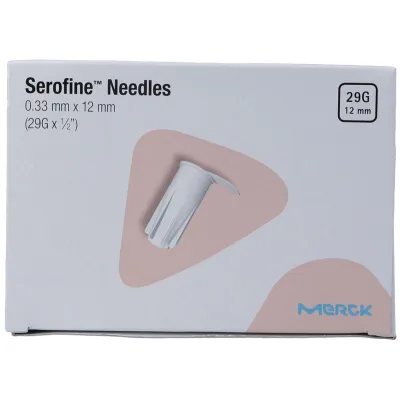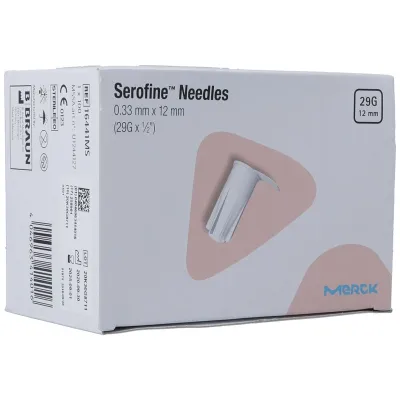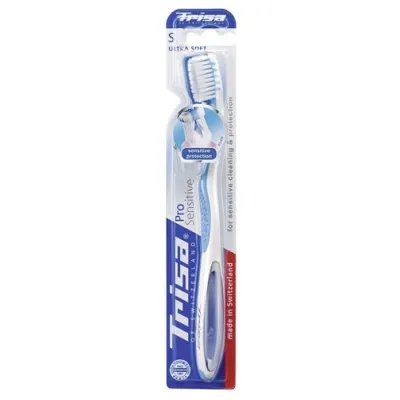Sensory Organs
(4 Pages)
Refine Search
VISIODORON Euphrasia Augentr MD 20x0.4ml
VISIODORON Euphrasia Augentr MD 20x0.4mlExperience relief from dry, scratchy, and irritated eyes wit..
44.89 CHF
Viscotears Eye Gel tube 10 g
Viscotears is a clear and dropper gel. After instillation, it spreads quickly over the conjunctiva a..
25.12 CHF
Cellufluid eye drops Fl 10 ml
What is Cellufluid Eye Drops and when is it used?Cellufluid Eye Drops are eye drops and ar..
13.04 CHF
Bepanthen eye drops 20 monodos 0.5 ml
Bepanthen eye drops 20 monodos 0.5 ml The Bepanthen® PRO eye drops are an effective solution for..
24.60 CHF
Viscotears SDU Eye Gel 30 monodoseos 0.6 g
Viscotears SDU is a clear drip gel. After instillation, it spreads quickly over the conjunctiva and ..
27.22 CHF
Triofan Hay Fever eye drops monodoseosen 15 x 0.5 ml
Compendium patient information Triofan® hay fever antiallergic eye drops VERFORA SAWhat are Tri..
24.52 CHF
SIMILASAN Eye Wipes Sensitive
Disposable wipes for on the go for sensitive eyelids. Clean and care for the area around the eyes. A..
19.03 CHF
Similasan Allergic Eyes eye drops monodoseoses 20 x 0
When is SIMILASAN Allergic Eyes used? According to the homeopathic drug picture, SIMILASAN Allergic ..
44.28 CHF
Otalgan drops bottle 12 g
Otalgan is suitable for the treatment of earache caused by inflammation of the middle ear or the ext..
26.17 CHF
Liposic eye gel 10 g
What is Liposic eye gel and when is it used? Liposic eye gel is an artificial tear fluid. It is used..
11.24 CHF
BLEPHACLEAN CLEANING TISSUE STER UNIT VER
BLEPHACLEAN Cleaning Cloth Ster Single Pack The BLEPHACLEAN Cleaning Cloth Ster Single Pack is an e..
19.39 CHF
Similasan allergic eyes eye drops Fl 10 ml
When is SIMILASAN Allergic Eyes used? According to the homeopathic drug picture, SIMILASAN Allergic ..
40.10 CHF
Protagent SE eye drops 20 monodoseos 0.4ml
Protagent SE eye drops are used to lubricate the eyes and treat mild eye irritation. On the recommen..
22.09 CHF
Wala Euphrasia eye drops 15 monodoseos 0.5 ml
Swissmedic-approved patient information Wala Euphrasia single-dose eye drops, eye drops WALA Schweiz..
43.05 CHF
SYSTANE Ultra Wetting Drops o Conserv
Inhaltsverzeichnis Indikation Dosierung ..
28.82 CHF
(4 Pages)
Bestsellers
The sense organs, including the eyes and ears, are susceptible to a range of diseases and conditions that can affect vision and hearing. Some common eye diseases include glaucoma, cataracts, macular degeneration, and conjunctivitis. Common ear diseases include ear infections, tinnitus, and hearing loss.
When choosing drugs for diseases of the eyes and ears, it is important to consider the specific condition being treated and the potential side effects of the medication. For eye diseases, there are a variety of medications available, including eye drops, ointments, and oral medications.
Eye drops are often used to treat conditions such as glaucoma, dry eye, and allergies. Some eye drops contain steroids, which can help to reduce inflammation, while others contain antibiotics, which can help to treat bacterial infections. Ointments are often used to treat dry eye and can provide longer-lasting relief than eye drops. Oral medications may be prescribed to treat conditions such as macular degeneration, but they may also have significant side effects and require close monitoring by a healthcare provider.
For ear diseases, medications can include antibiotics, antifungals, and corticosteroids. Antibiotics are often used to treat ear infections caused by bacteria, while antifungals are used to treat infections caused by fungi. Corticosteroids can be used to reduce inflammation in the ear and may be administered orally or as ear drops. In some cases, surgical intervention may be necessary to treat ear diseases, such as hearing loss.
In conclusion, diseases of the sense organs, including the eyes and ears, can have a significant impact on quality of life. When choosing drugs for these conditions, it is important to work with a healthcare provider to determine the most appropriate treatment based on the specific condition being treated and the potential side effects of the medication. It is also important to follow instructions for use carefully and to seek medical attention if symptoms worsen or do not improve.
